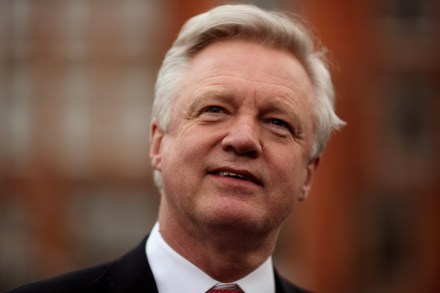We should judge Bercow at the end of this Parliament
Well, the news that Sir Menzies Campbell is lobbying to be made Speaker – as revealed by Iain Dale last night – certainly adds a dash of spice to proceedings. But I’d still expect John Bercow to comfortably survive any re-election vote today. On paper, all the arithmetic works in his favour. And there’s a sense that many Tory backbenchers are holding their fire for bigger battles with the party leadership ahead. But does Bercow deserve to stay? I must admit, I’m rather ambivalent about the issue: I didn’t really want him as Speaker, but I didn’t really not want him as Speaker either. And after his solid enough first





















